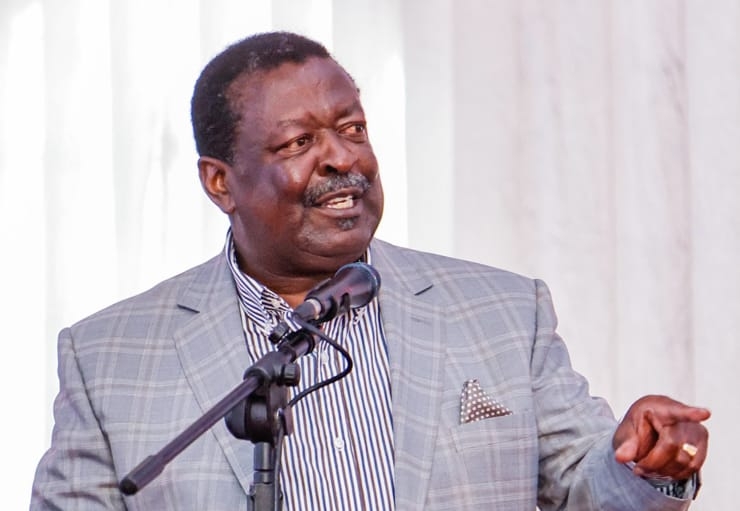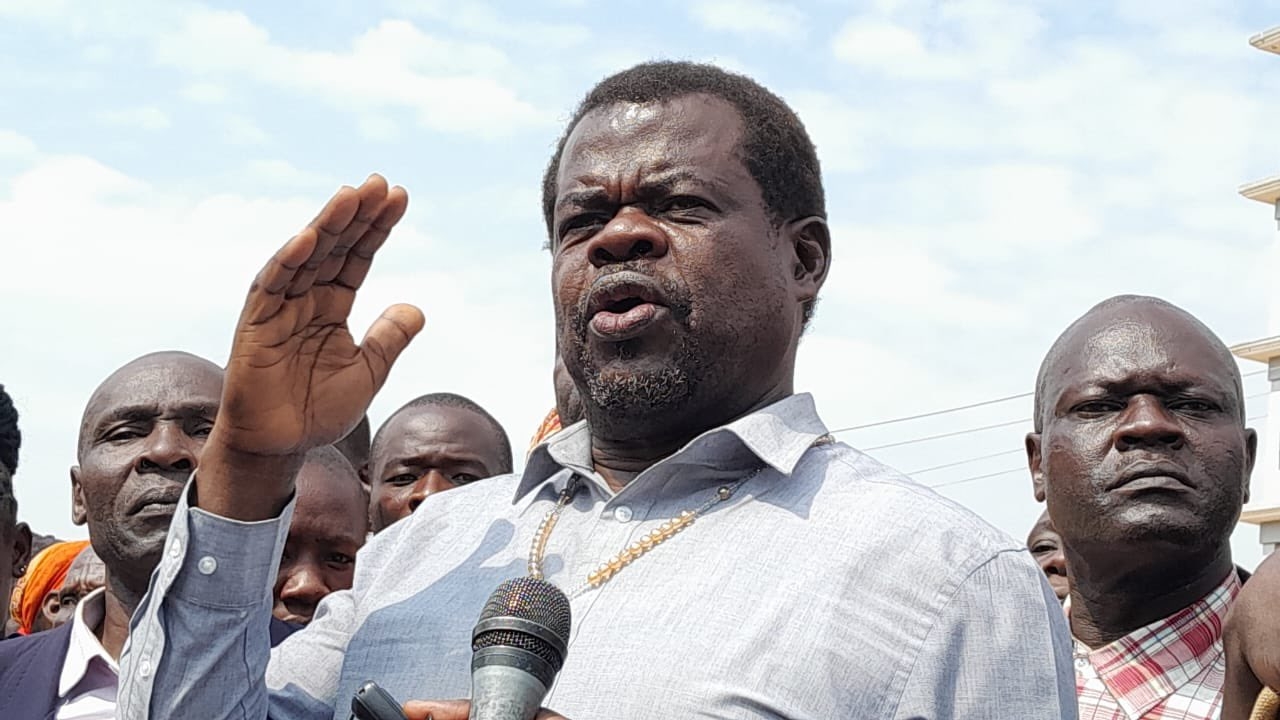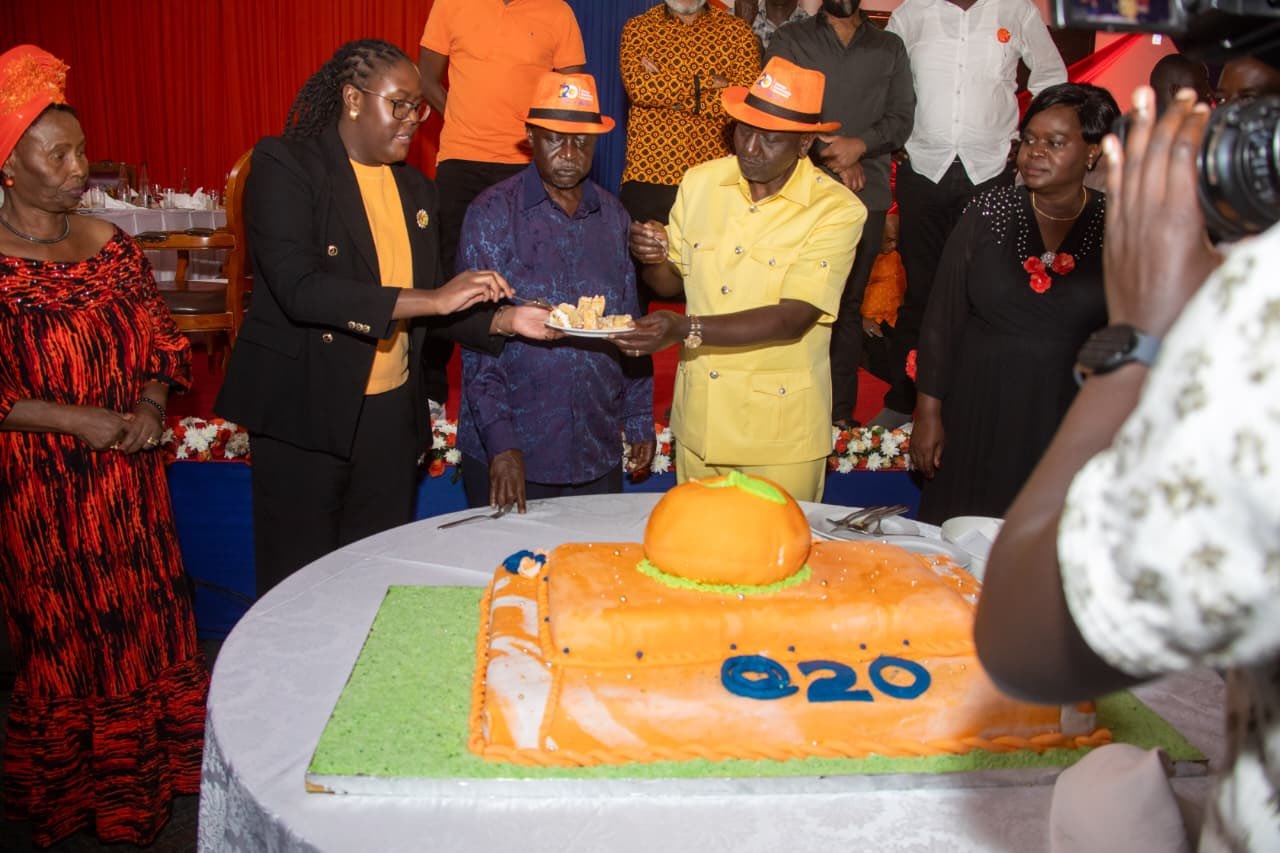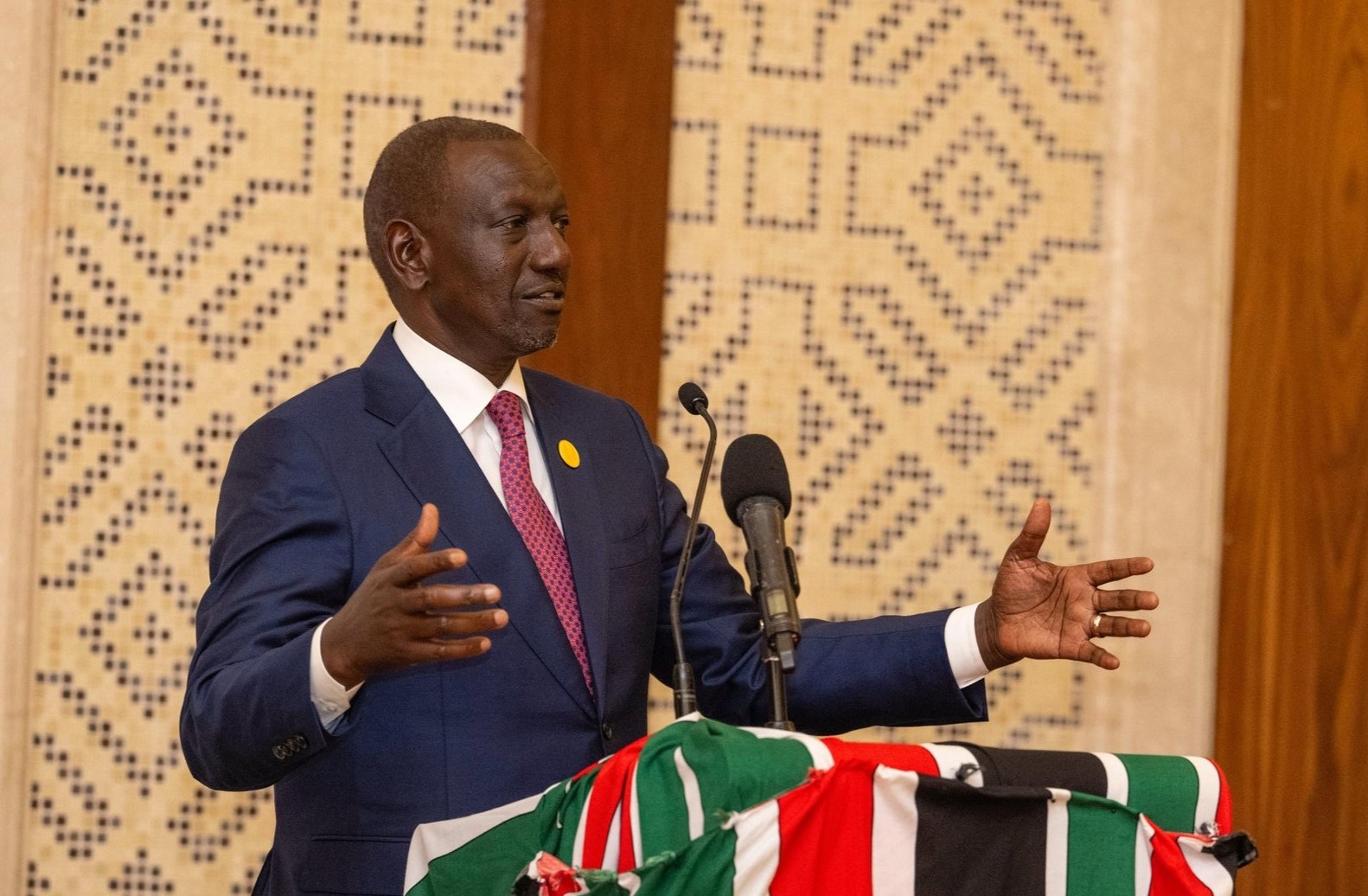On January 18, 2017, Prof Muga K'Olale told a group of university staff that they had to continue pressuring the government to listen to them by intensifying strikes.
At the time, lecturers in all public and private universities under the umbrella of Universities Academic Staff Union had a sustained strike that ran for 54 days.
“Intensify this strike today and tomorrow, then take a break over the weekend, take your favourite beer and don’t think about it. On Monday intensify it [as well as] Tuesday and Wednesday and on Thursday. The government must call us for a meaningful negotiation, I say meaningful negotiation,” Prof K'Olale told a group of cheering university academic staff on January 18, 2017.
“……we want competitive remuneration and because we had over 200 articles to be addressed and it is a process that must be done. This is an opportunity we must not squander.”
Learning and research in the universities was at the brink of collapse. The government had tried to ignore the dons and when it failed, it resorted to courts to have the leaders, led by K'Olale, held in contempt.
At one point, the labour court gave orders criminalising the strike. K’Olale and crew could hear none of it. The strike continued.
Students were most affected as some were due to sit exams to conclude their studies, others were in bad need of supervisors to guide or conclude their research projects.
The labour court stepped in again, extending the barring orders. It is at this point that K’Olale made the 'intensify’ call.
"Governments only listen to fights, no talks," he told his colleagues.
The government’s position at the time, as explained by then Education CS Amina Mohamed, was that the lecturers should negotiate with their vice chancellors’ committee, a club that brought all VCs together.
But VCs delegated the negotiations to their deputies. K’Olale refused the move.
“We are dealing with a joker in the name of Education CS,” he told his colleagues.
Before the Senate, he told the lawmakers that “the VCs have accorded themselves some superiority that is not useful. They want us to negotiate with their deputies, who they in turn countermand”.
The professor of political philosophy and international humanitarian law at Egerton University and who wore a long silver beard and hair died at Matata Nursing Home in Oyugis town, Homa Bay county, on Saturday evening.
Though a teacher, the man was cut for philosophical struggle, social justice agitation, trade unionism and intellectual fights.
It was this radicalism that got him in the bad books with former President Daniel Moi's regime, leading to his arrest and jailing in the aftermath of the 1982 failed coup.
He was part of a band of university lecturers with radical stance on public issues, sending perceptions that they were left leaning and anti-Kanu.
He was a member of UASU. The union, barely 10 years old at the time, was disbanded, making most of the professors to seek jobs elsewhere, mainly in South Africa and Botswana. Others went to the Global North.
Some of the interim officials of the union at the time included chairman Prof Korwa Gombe Adar, vice chairman Dr Airo Akodhe, secretary general Dr Kilemi Mwiria and his deputy Dr Onyango Omari.
UASU was revived in the early 1990s after the re-introduction of multiparty politics. Kanu, however, refused its registration.
But with Narc victory in 2002, which saw Mwai Kibaki become president, the lecturers were redeemed. UASU was registered and K’Olale was appointed adviser and member of the then National Economic and Social Council.
In 2003, it was his turn to rise to the union leadership. He was elected its deputy secretary general.
In 2005, he became its secretary general and retained the slot in multiple subsequent elections. In December 2016, the tough-talking and fiercely private professor was elected the union's chairman. He resigned from the post in July 2021.
Those who know him say he cherished his privacy. Though many professors have their CVs floating on the internet, that is not the case with K’Olale.
No information about his family, age or contact is publicly available.
He often ignored media requests for interviews even when in the heat of industrial disputes.














